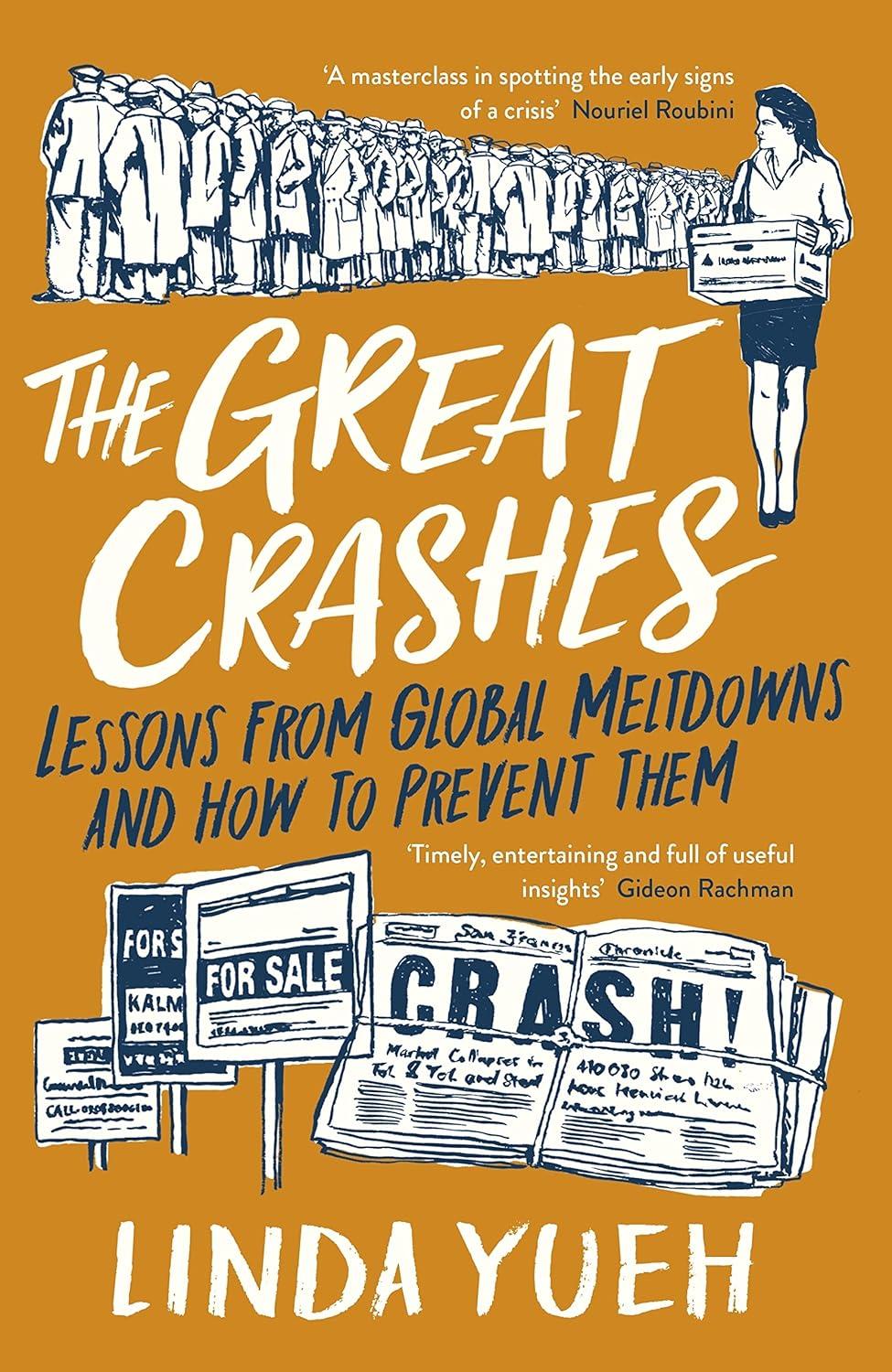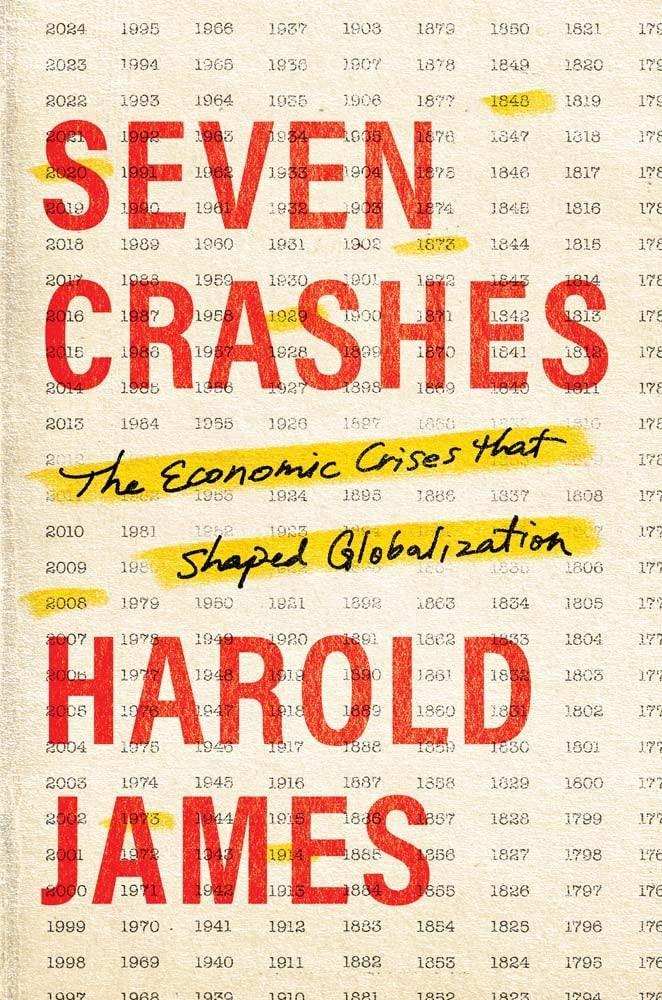The first crash in Seven Crashes is that of the 1840s, when the Irish potato famine and other agricultural subsistence crises provoked monetary and fiscal crises, which in turn became political crises in the revolutions of 1848. In James’s taxonomy, this was a crash that led to more globalization, in the form of free trade, transport infrastructure like railroads, and industrialization, so it was implicitly one of the good ones. It was also caused by globalization. As he himself notes, in the case of the Irish famine, “the historical consensus explains that British doctrinaire laissez-faire liberalism led to the disaster.” He does not add that the potato fungus came from Mexico via Pennsylvania—another contribution of globalization. If a crash can be caused by globalization, propagate from country to country through globalization, and lead to more globalization, while killing about a million people and igniting a continent-wide sequence of political violence, it is difficult to agree with the simple lesson that globalization improved lives.
As with the potato blight in the first chapter, so with Covid in the last. As James puts it:
The Covid-19 crisis was very obviously a product of globalization—the web of global interconnections—and the challenge was managed through a combination of technology, politics, and interconnectedness: or, in other words, genius, government, and globalization.
Even if the reader accepts that interpretation of the management of the pandemic, if globalization is both the cause of and the solution to a problem, either it is not defined very well, or no simple lessons can be drawn from it. To take an example from another crash, here is Mervyn King, the former governor of the Bank of England, as quoted by James:
The origins of the crisis [of 2008] lay in our inability to cope with the consequences of the entry into the world trading system of countries such as China, India, and the former Soviet empire—in a word, globalization.
Or, in James’s summary, “Globalization was running too hot.” Here it seems globalization improves lives, unless there is too much of it.
Both James and Yueh briefly discuss the historical curiosity that between about 1945 and 1971 there were no great crashes. The aforementioned study on crises found that they happened at about half the rate they did before that period or after it, and were less severe. Those years also corresponded to what James calls the “age of deglobalization,” which he views as the unfortunate result of Roosevelt and Keynes learning the wrong lessons from the Great Depression.

